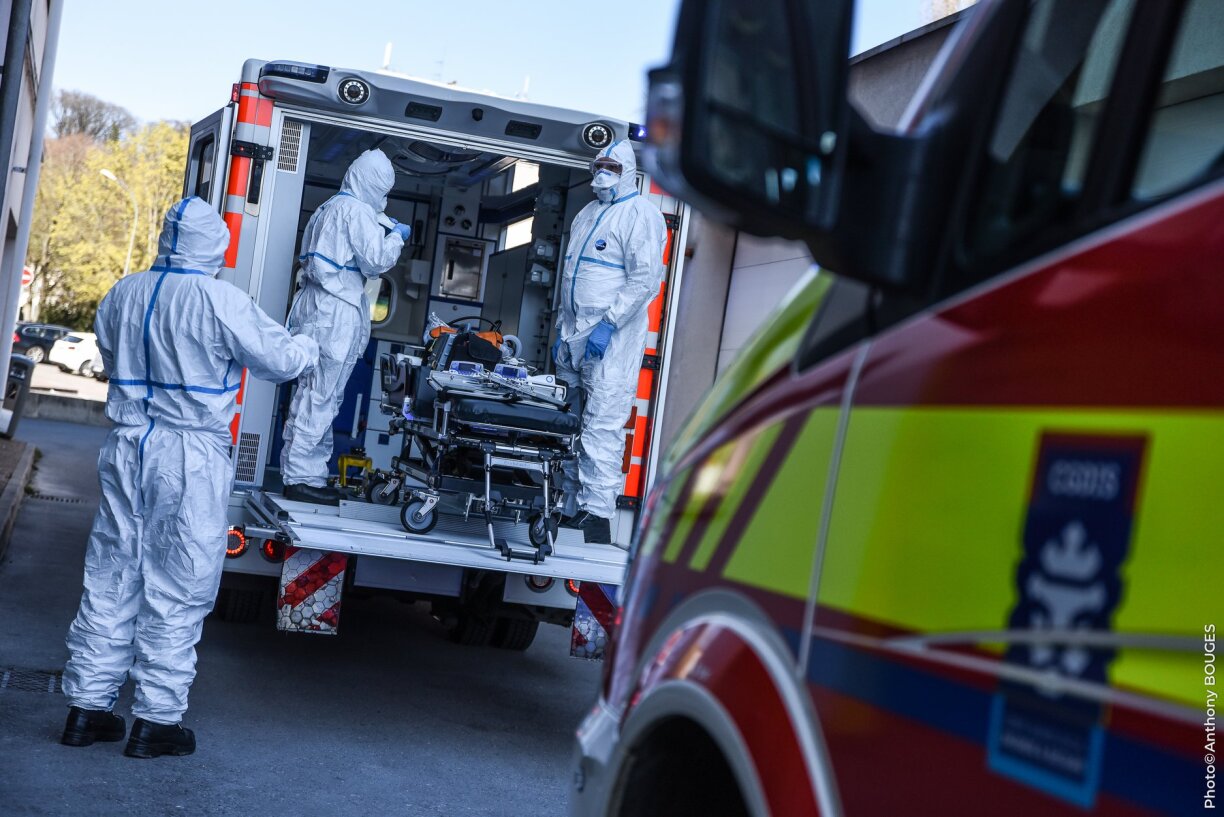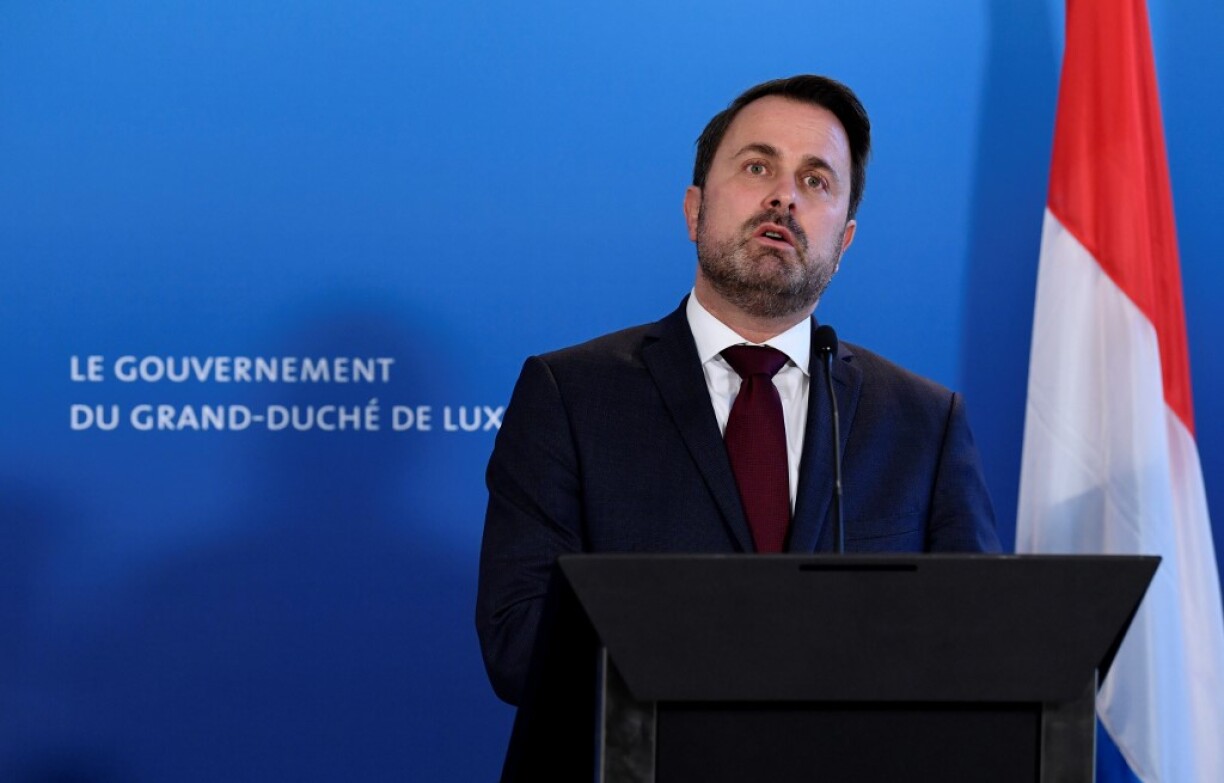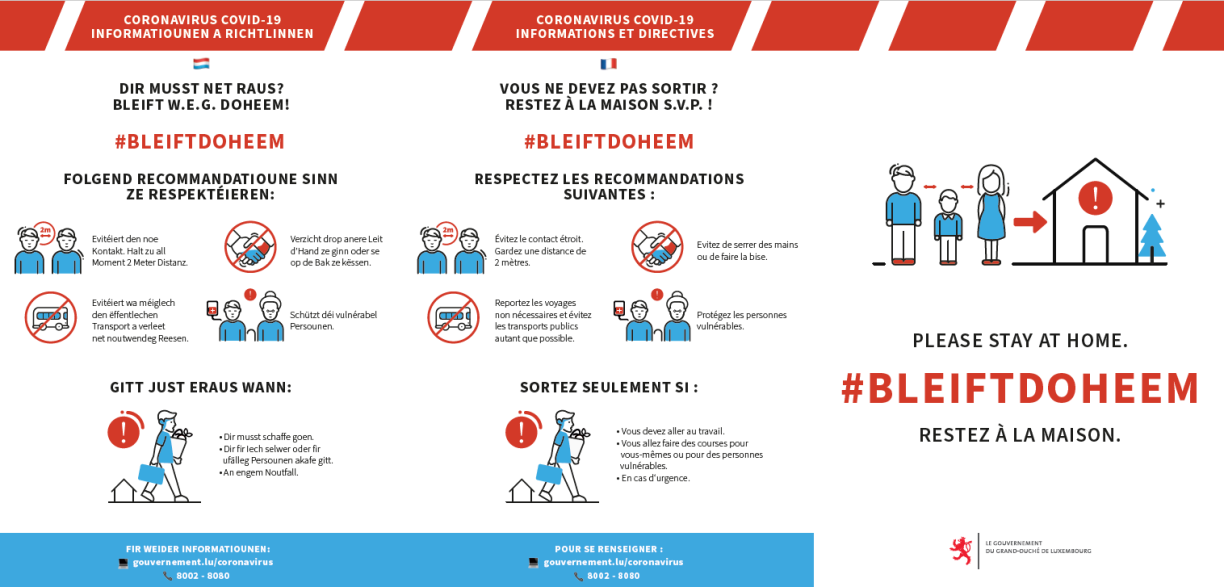
Closed schools, teleworking “to be promoted as much as possible”, bans on hospital visits and leave for nursing staff: all these measures came into force on 16 March, 2020.
Over time, early confinement measures would become increasingly strict. Indeed, in the days following the government council, authorities announced new measures that would come into force on 16 May. It would include travel limitations, the closure of businesses, cancellation of non-essential activities, and full-time home office wherever possible.

This is how Luxembourg ends up moving into its first phase of confinement. From now on, trips must be scaled back to only the most essential, and the public is asked to stay at home. The first call to stay at home comes on 17 March with a statement by the Prime Minister entitled “Bleift Doheem”.
“Stay at home as much as possible. We must reduce social contacts to what is strictly necessary”, he wrote in a press release.

17 March also marked the day that the Prime Minister announced his intention to declare a state of emergency. This would allow the government to “put in place urgent measures to deal with this crisis”.
It was a period marked by the closure of borders in neighboring countries and all the complications that this would imply for cross-border workers. It is also the time of supermarket hoarding in Luxembourg as well as across the border.
The state of emergency came into force on 22 March 2020. Luxembourg distinguished itself from other European countries with its ambitious free mask distribution campaign, as well as investing into Large Scale Testing. The Luxembourg army was called in to distribute masks to construction workers.
The Grand Duchy remained in a state of emergency until 22 June, despite major deconfinment measures having been announced in early May already.
Schools resumed for third year students (4 May), secondary students (11 May), and primary students (24 May). At the end of the month, the government then announced the long-awaited reopening of the hospitality sector, as well as fitness rooms and gyms.
The summer was overshadowed by a period of uncertainty and fluctuating infection numbers, with occasional spikes especially towards the end of the summer.
Then, around October, Luxembourg returned to a more “flexible” lockdown, a reality that has been with us for one year on this very day.
The closure of restaurants, bars and cafes, as well as the two-guest rule and curfew remain in place.